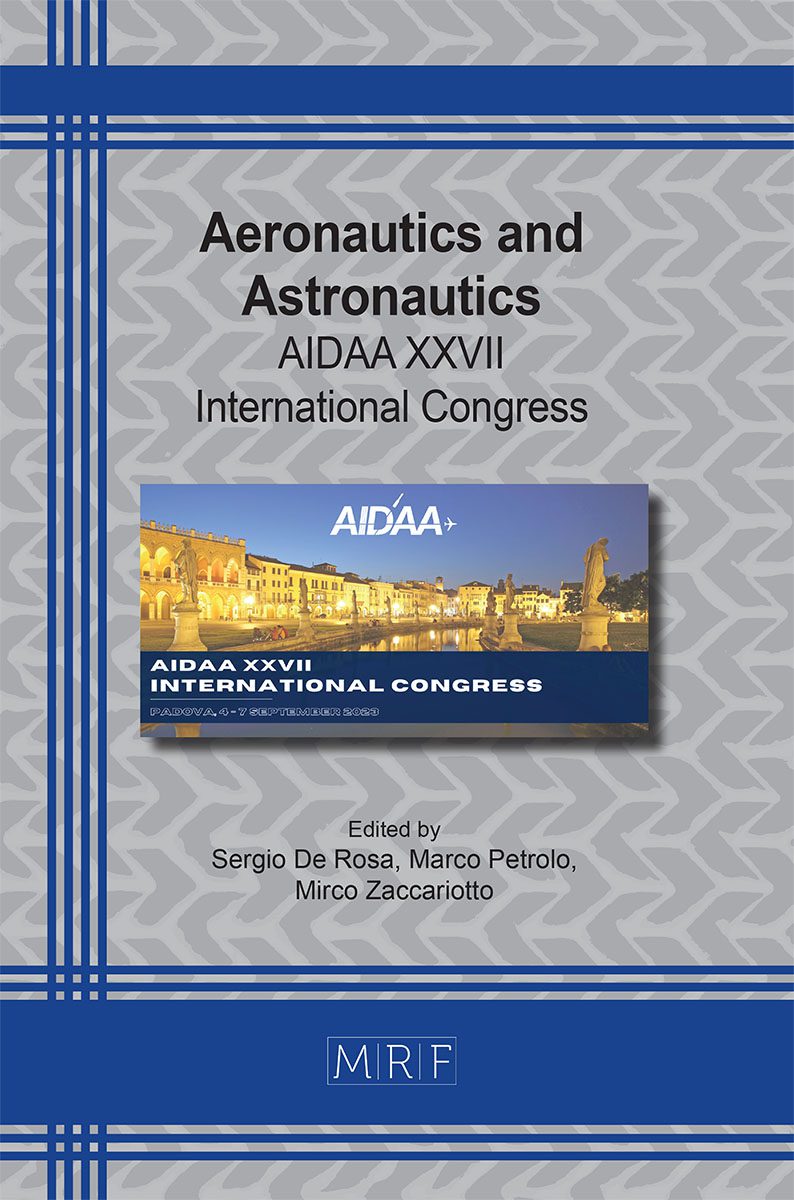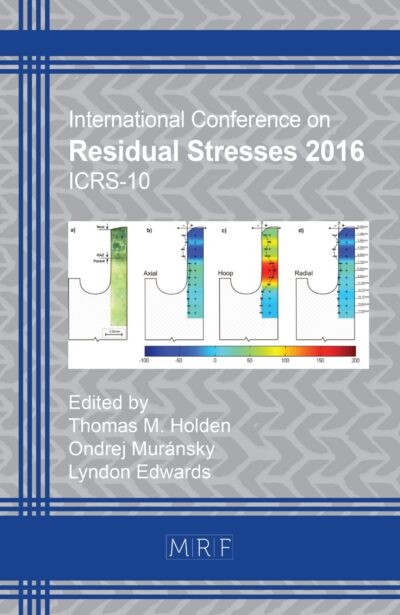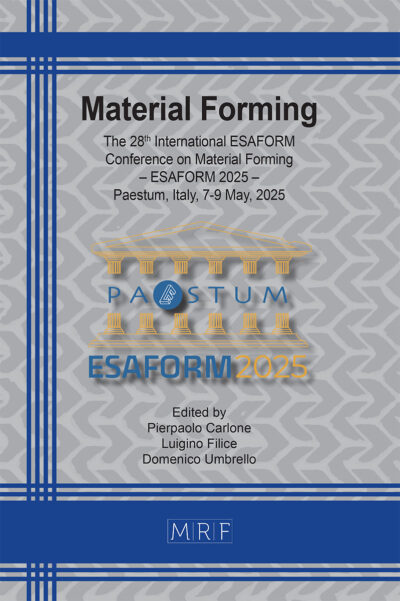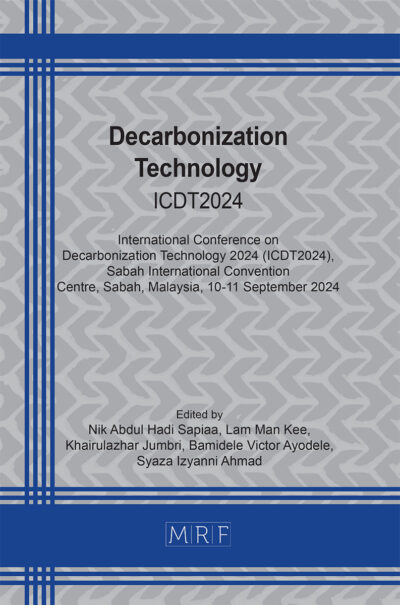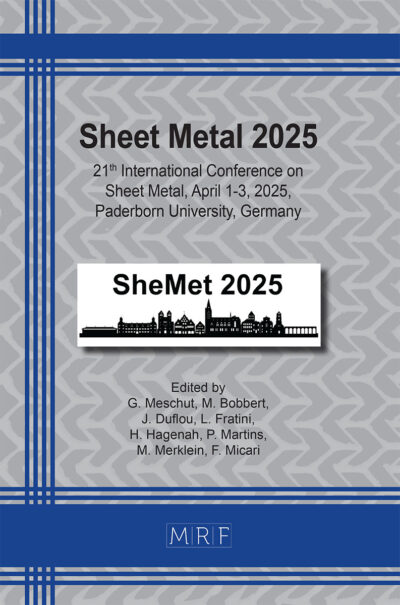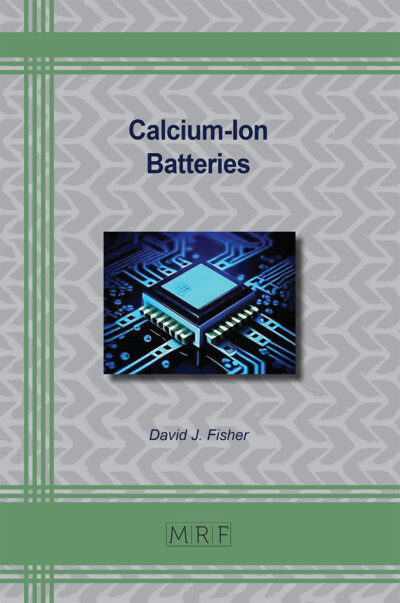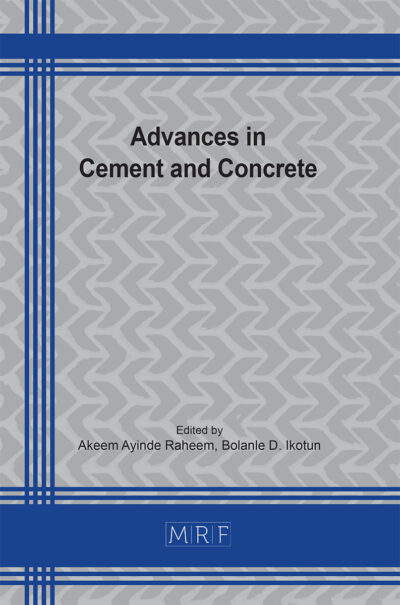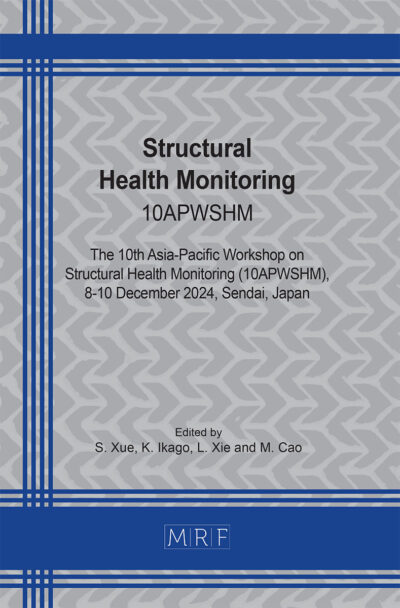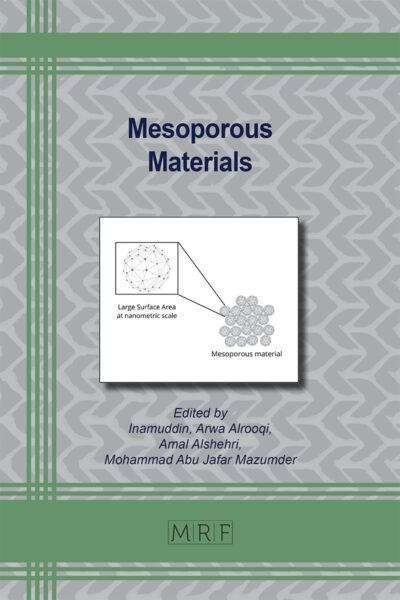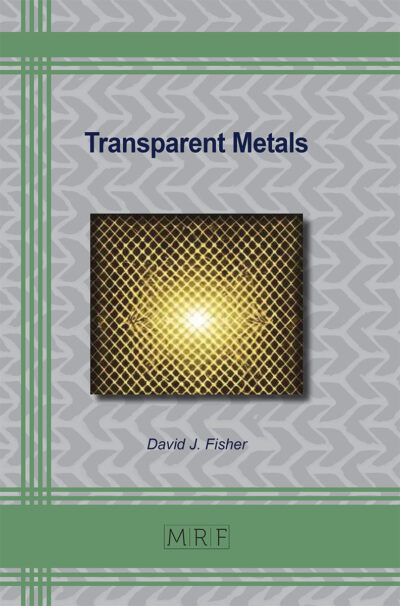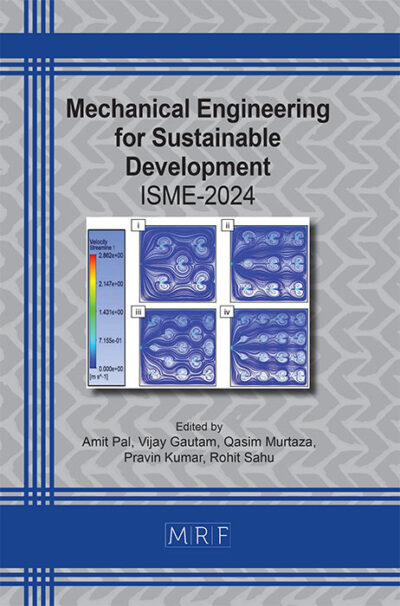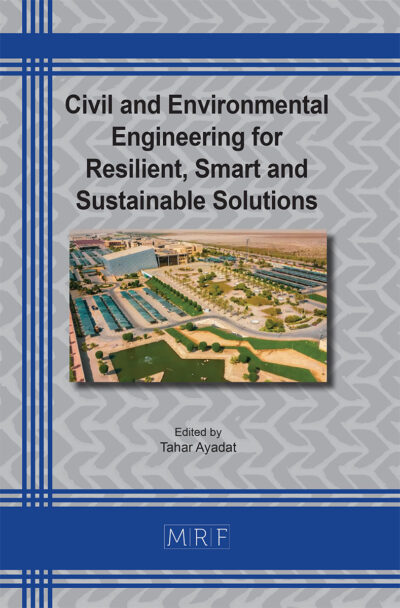Leonardo I4N research program – design of novel acoustic liners for aero engine nacelles
Giuseppe Dilillo, Paul Murray, Nicola Gravagnone, Massimiliano Di Giulio
download PDFAbstract. The minimisation of aircraft noise remains a major challenge for the aerospace industry. Noise certification limits continue to be driven lower over time to counter the impact of the steadily increasing number of noise events in the vicinity of airports, along with an increased sensitivity of the public to aircraft noise. This, in turn, ensures that considerable engineering time and effort is used to target all of the major contributors to aircraft noise. Aircraft noise sources include engine fan inlet, fan bypass, jet, and airframe noise, among others. Fan inlet, bypass, and core, ducts are typically lined with absorbing acoustic panels in order to minimise radiated fan noise. This paper is focussed on the latter, describing work to address the design and optimisation of novel acoustic liners.
Keywords
Novel, Aero Engine, Inlet, Acoustic, Liner, Broadband, Attenuation
Published online 11/1/2023, 4 pages
Copyright © 2023 by the author(s)
Published under license by Materials Research Forum LLC., Millersville PA, USA
Citation: Giuseppe Dilillo, Paul Murray, Nicola Gravagnone, Massimiliano Di Giulio, Leonardo I4N research program – design of novel acoustic liners for aero engine nacelles, Materials Research Proceedings, Vol. 37, pp 6-9, 2023
DOI: https://doi.org/10.21741/9781644902813-2
The article was published as article 2 of the book Aeronautics and Astronautics
![]() Content from this work may be used under the terms of the Creative Commons Attribution 3.0 license. Any further distribution of this work must maintain attribution to the author(s) and the title of the work, journal citation and DOI.
Content from this work may be used under the terms of the Creative Commons Attribution 3.0 license. Any further distribution of this work must maintain attribution to the author(s) and the title of the work, journal citation and DOI.
References
[1] P. B. Murray and M. Di Giulio, “Development and validation of a single degree-of-freedom perforate impedance model under high SPL and grazing flow”, AIAA 2022-2929, Southampton, UK, 2022. https://doi.org/10.2514/6.2022-2929
[2] N. Gravagnone, P. Murray and M. Di Giulio, “Optimisation of non locally reacting liners for improved duct attenuation”, AIAA 2022-2931, Southampton, UK, 2022. https://doi.org/10.2514/6.2022-2931
[3] G. Dilillo, Design and Optimisation of Acoustic Liners with Complex Cavities for Improved Broadband Noise Absorption, Politecnico di Milano, Tesi di Laurea Magistrale in Ingegneria Aeronautica, 2020.
[4] G. Dilillo, P. Murray and M. Di Giulio, “Improved aero engine inlet attenuation from novel broadband liners”, AIAA 2022-2965, Southampton, UK, 2022. https://doi.org/10.2514/6.2022-2965
[5] G. Dilillo, P. Murray and M. Di Giulio, “Impact of the engine fan source and wall boundary layer on inlet liner design”, AIAA 2022-2964, Southampton, UK, 2022. https://doi.org/10.2514/6.2022-2964

